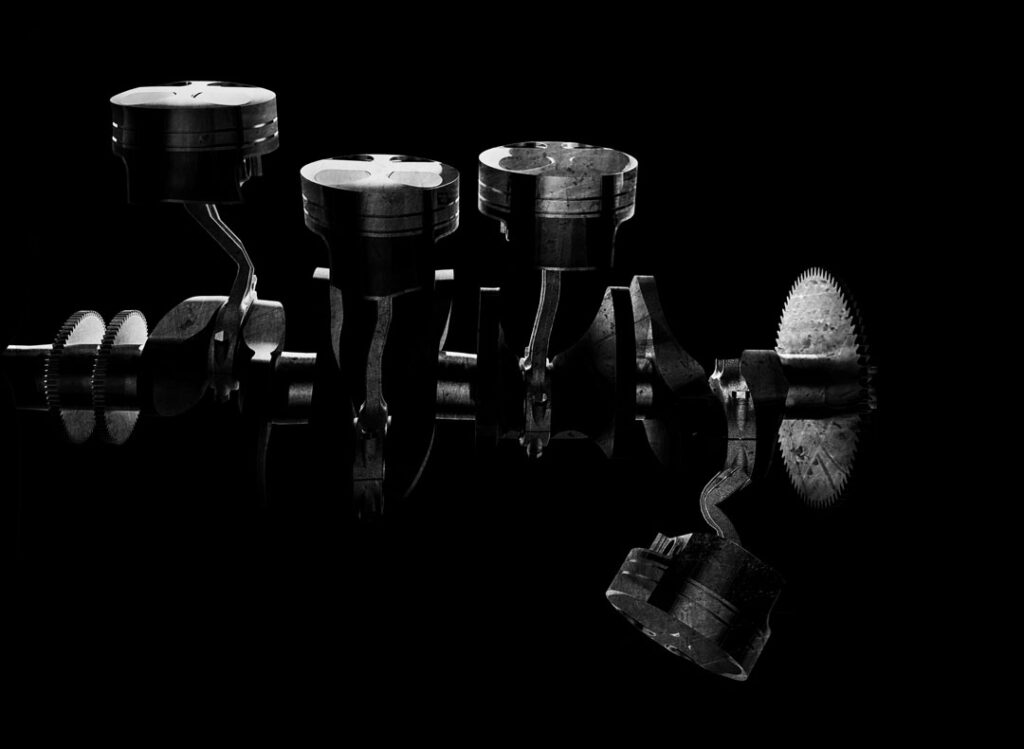NOTEBOOK: Maine oceanographer urges action in Iowa

PERRY BEEMAN Nov 14, 2019 | 6:26 pm
2 min read time
452 wordsBusiness Record Insider, The Insider NotebookJeremy Jackson was in Iowa on Oct. 30 to speak to Iowa State University students and staff about the great environmental threats of our time — climate change, pollution and soil loss among them.
He took time to sit down with me for a discussion that was a bit of a precursor to the Business Record’s Nov. 13 Power Breakfast session on water quality, water-based recreation and how those play into the economy.
Jackson, a New Yorker who has lived in Florida and now Maine, is no stranger to Iowa or the farm runoff that hitchhikes to the Gulf of Mexico, where it starts a biological chain reaction that disrupts one of the world’s most prized fisheries off Texas and Louisiana. In fact, he wrote the book on it, in a way. His book, “Breakpoint: Reckoning with America’s Environmental Crises,” on Yale University Press has a chapter called “Agriculture in Crisis” that starts this way:
“It’s obvious from the soil loss, nitrogen poisoning, and superweeds in Iowa and the Corn Belt that grain farming is in trouble. It’s fixable trouble, and we already have the know-how to do the fixing. But old ways die hard, especially for those heavily invested in the status quo.”
In the interview, Jackson said this of the full range of environmental problems facing the country, the floods, hurricanes and tornadoes, the rising sea levels, the droughts: “It’s an apocalypse coming.”
Jackson, an emeritus professor at the Scripps Institution of Oceanography, was invited to teach at the U.S. Naval War College, where he was surprised at the spinless view of the leaders when it came to the prospect of the sea swallowing much of the seaboard.
He has followed discussions in southern Florida, where at least one major city, Miami Beach, seems to be planning to abandon the area in 20 years. In Louisiana, Jackson said, the not so distant future will leave the shore at Baton Rouge, with New Orleans turned into a levee-ringed island.
In Iowa, Jackson said he answers are simple. The state could go a long way by employing a very old idea — requiring buffer strips and some kind of treatment, by bioreactor or wetland, of tile drainage from crop fields. That’s been discussed for decades, but farm groups and others have fought anything but voluntary work on those projects.
The pollution-fighting plantings could help pollinators, plants and butterflies.
But to do little or nothing makes Jackson question what he sees as the Midwest Bible Belt, when “do unto others” means sending fertilizer into shrimp-filled waters that are the foundation of many people’s livelihoods. “This is a very Christian state, but this activity is one of the most non-Christian activities you could have.”








